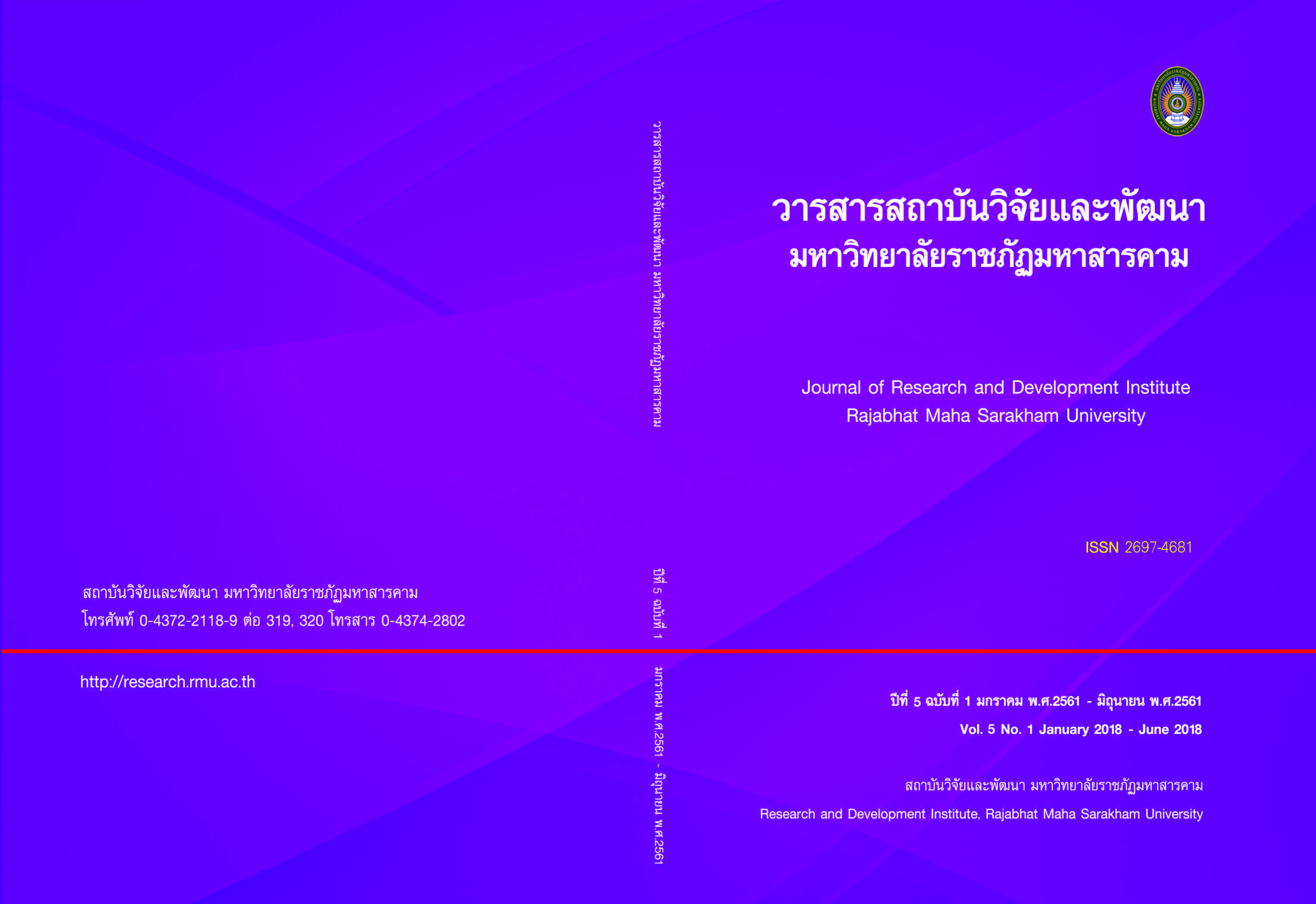Causal Factor Influencing Electoral Voting
Keywords:
Electoral VotingAbstract
Individual person must has reason to make political decision in manner that will give him maximum satisfaction under certain level of limitation, thus, the political behavior is based on rational decision. Therefore, factors influencing political decision making are political utility; the election is a political behavior depends on political utility as well. It is external stimulus from political activity and/or political actor which based on 4 theories; Deterministic theories, Psychology Theories, Exchange Theory and Consciously Rational Theories.
References
Kramon Thongthammachard, Somboon Suksamran and Preecha Hongkailert, (1988). Elections, Political Parties, and Government Stability. Bangkok : Faculty of Political Science, Chulalongkorn University.
Narong Sinsawad (1996). Politics: Psychological Analysis. Bangkok : Orientale Scholar.
Sansanee Tantiwit. (2000). General Psychology. Bangkok : Thammasat University.
Sanya Kenaphoom. (2016). “Political Decision on the Democratic Way of Life : Concept and Forms” Humanities and Social Sciences, Khon Kaen University, 33 (2) May- August 2016 p. 89-120
Siriphan Noksuan and Ek Tangsubwattana. (2003). Words and Ideas in Contemporary Politics. Bangkok : Chulalongkorn University
Siriphan Noksuan Sawaddee. (2010). Impact of the Urban and Village Funds Policy and Potential of Village and Community Development Projects (SML) : Analysis of power relations between states and Local on Political Views. Bangkok : National Research Council of Thailand.
Siriphan Noksuan Sawaddee. (2011). Member of the House of Representatives in 2011 : Study the role of political and behavior party and People's Election Decisions in a Political Conflict Situation, 12-13.
Songpol Phoomiphat. (1998). Social Psychology. 2nd ed. Bangkok : Educational Technology Center, Sriprathum university.
Srisomphod Jitphiromsri, Phawinee Chaiyaphak and Jinda Lengsai. (2002). “Songkhla and Pattani Elections”. in Electoral Process and Decision Factors for Election of members of the House of Representatives. Nonthaburi: King Prajadhipok's Institute
Sujit Bunbongkarn and Pornsak Phongpheaw. (1983). "50 Years of Elections " Siam Rath Weekly 30th Anniversary Edition, 4 (September 1983), p. 85-98. Academic articles.
Thawinwadee Bureekul, Satithorn Thananitichot and Praphaporn Wattanaphong. (2003). The democratization Level and Election of members of the House of Representatives 2000. Nonthaburi : King Prajadhipok's Institute
Downloads
Published
How to Cite
Issue
Section
License
Articles that are published are copyrighted by the authors of the articles







